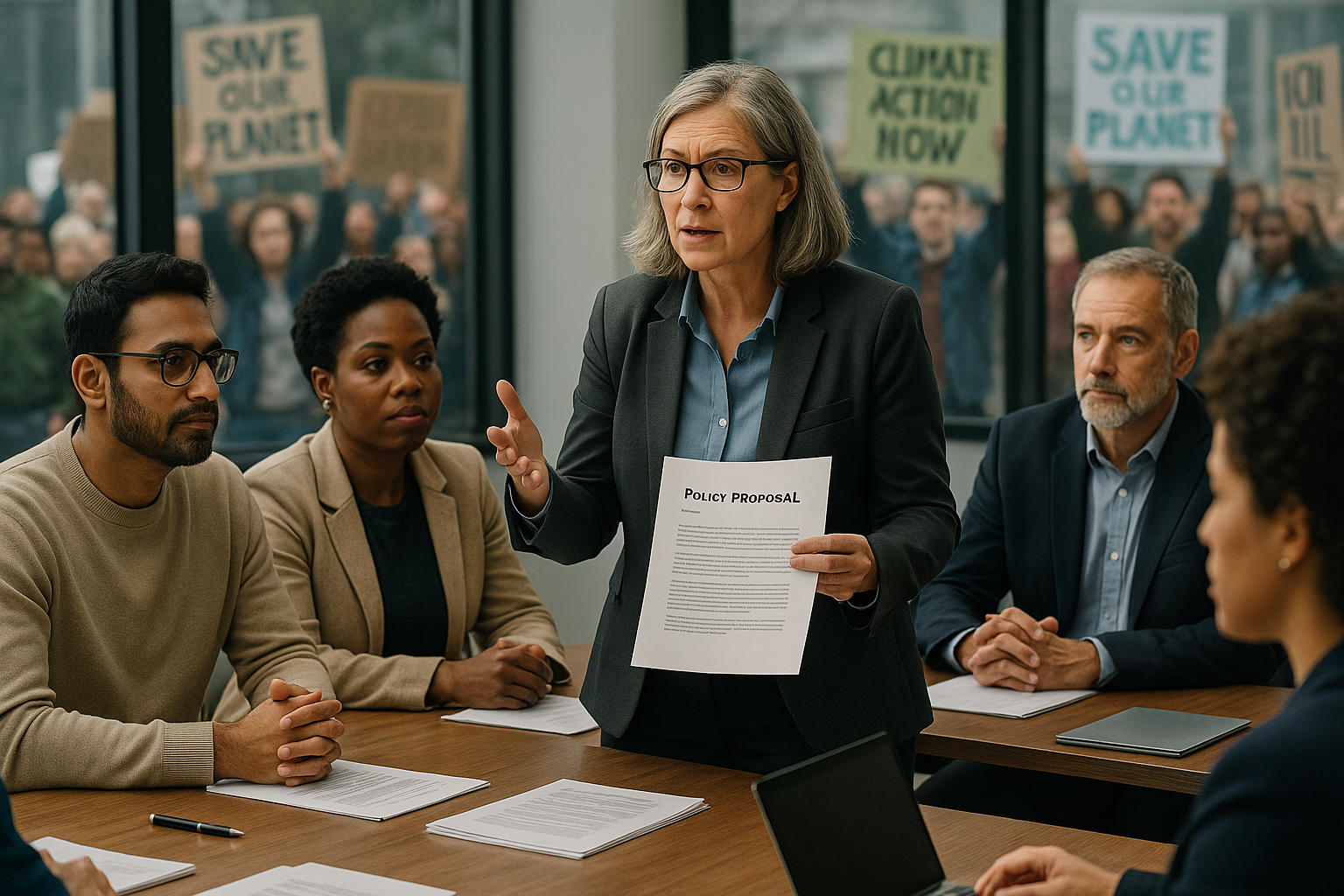The Role of Non-Governmental Organizations in Influencing Public Policy
Introduction: This article delves into the growing impact of non-governmental organizations (NGOs) in shaping public policy. With a historical background and the latest developments, we'll look at how these entities impact society through their influence on laws and regulations.

The Historical Role of NGOs
Non-governmental organizations, or NGOs, have been a part of the global landscape for centuries. While their origins can be traced back to the 19th century, their influence and popularity grew significantly during the post-World War II era. Historically, NGOs have played a crucial role in addressing social, economic, and environmental issues, often providing much-needed services where governments fell short.
NGOs and Public Policy: A Growing Influence
In recent decades, the role of NGOs has evolved beyond service delivery. Today, they play a significant part in the decision-making process of public policy. They provide valuable insights into the needs and aspirations of their target communities, acting as a bridge between the public and policymakers. This shift has been facilitated by the increasing recognition and acceptance of their role by governments around the world.
Mechanisms of Influence
NGOs exert their influence on public policy through various means. They conduct research, advocate for specific causes, mobilize public opinion, and lobby governments. They also collaborate with other NGOs and form networks to amplify their influence. Additionally, by leveraging social media and other digital platforms, they can reach a wider audience and generate public support for their causes.
Recent Examples of NGO Influence
One notable recent example of NGO influence is the role played by environmental NGOs in shaping climate change policies. Through their persistent advocacy and public mobilization, they have succeeded in pushing for stricter emissions regulations and renewable energy policies in many countries. Another example is the influence of human rights NGOs in shaping policies related to refugees and asylum seekers.
Impact and Implications
The growing influence of NGOs in public policy has far-reaching implications. On one hand, it democratizes the policy-making process by incorporating diverse perspectives and grassroots insights. On the other hand, it raises questions about the accountability of NGOs, given that they are not elected representatives. This highlights the need for a balanced approach that recognizes the value of NGO input while ensuring accountability and transparency.
In conclusion, NGOs have emerged as significant players in shaping public policy. As their influence continues to grow, it is essential to keep an eye on how this dynamic evolves and its potential implications for our societies.




